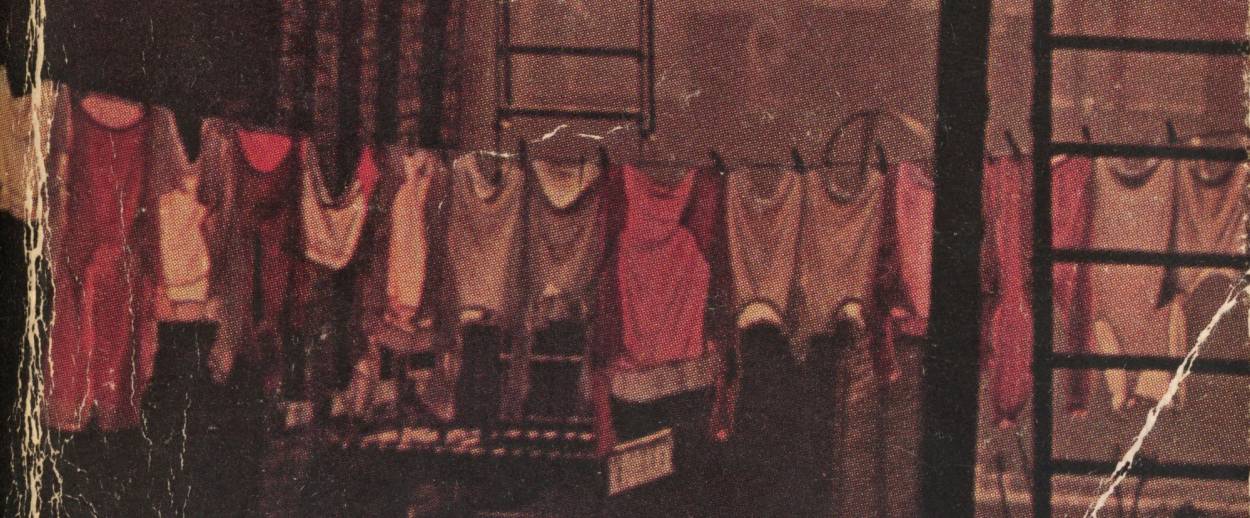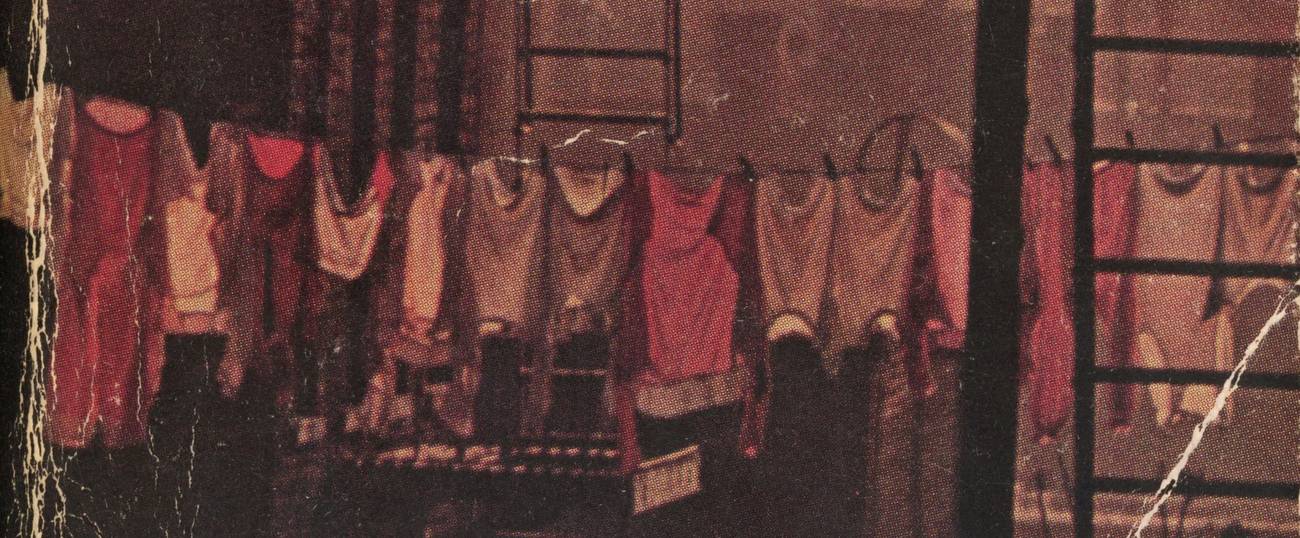The German Students and the Murdered Language
The writer Henry Roth’s English was sometimes difficult. A school examination in Germany asked young people to understand it—and the lost shades of the Yiddish that preceded it.




The shadows have shadows, and even the most technical questions of language are infinitely sad, and this will be true forever. It is because, in the catastrophes that were brought about by the Nazis, a language died, and not just a vast number of people. And the death of the language has become impossible to remember. Thus in Germany just now, some 36,000 students in Baden-Württemberg have signed a petition complaining about the English-language portions of the Abitur, or secondary-school, exam—and their complaint is, on a first level, reasonable and clear. But there is another level.
The students were asked to demonstrate comprehension of a passage from Henry Roth’s novel, Call It Sleep, from 1934. Only, who could understand the passage? The student petition (as I learn from Christopher F. Schuetze’s account in The New York Times) quoted this passage from the exam:
Against the luminous sky the rays of her halo were spikes of darkness roweling the air; shadow flattened the torch she bore to a black cross against flawless light—the blackened hilt of a broken sword. Liberty.
Which, as Schuetze helpfully points out, “are not lyrics from a song by a heavy metal band like Black Sabbath, but a reference to the Statue of Liberty.” And this is true. But something additional is going on in that passage. Call It Sleep is a novel about a little boy growing up on Avenue D and a few other addresses on the Lower East Side a century ago. But it is also a novel about language, the crude and the elegant. When the characters speak crudely, they are speaking an English that, being immigrants, they have not entirely mastered. When they speak with spectacular elegance, we are meant to hear the language that is theirs, which is Yiddish, the language of poetry. And hints of this appear in the narrator’s tone. The quoted passage is not supposed to sound like modern English, or even like archaic English. It is a Yiddish poetry, rendered into English.
How could the Germans be expected to know that? How could anyone be expected to know? That kind of double-English—an ostensible English, which is really a Yiddish—scarcely exists anymore. Henry Roth was a master of it, and so was Saul Bellow. But it is gone. And here are the German students being asked to parse a supremely ornate evocation, in English, of the language that, in 1934, was already under a death sentence. And the students are complaining, and their complaint looks reasonable. Who will understand that, even so, something in their complaint, or perhaps in the exam, is grotesque? Who will understand that, if Henry Roth has become incomprehensible, it is not because his English is sometimes difficult?
***
Read more of Paul Berman’s political and cultural analyses for Tablet magazine here.
Paul Berman is Tablet’s critic-at-large. He is the author of A Tale of Two Utopias, Terror and Liberalism, Power and the Idealists, and The Flight of the Intellectuals.